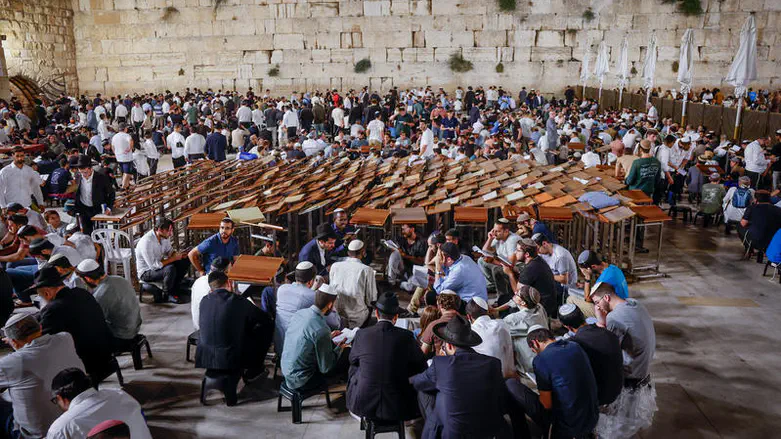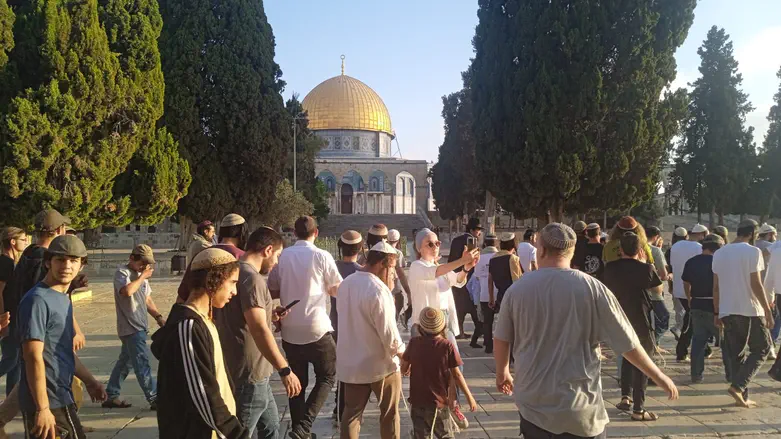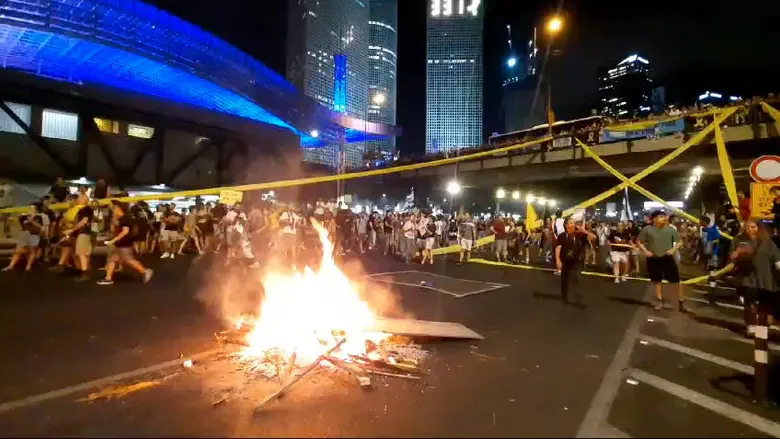The article explores the deeper meaning behind the destruction of the Beit HaMikdash on Tisha B'Av, emphasizing that it was an act of mercy and a moment of rebirth for the Jewish people. Drawing parallels between the nine months of gestation and the ninth day of Av, it highlights the symbolism of renewal and hope embedded in this period. The narrative connects the sorrow of Tisha B'Av with the joy of Tu B'Av, illustrating how loss is followed by love and restoration, and how prophetic visions like Yechezkel's dry bones offer optimism for the future.
Central to the message is the power of repentance and readiness, urging constant spiritual renewal in anticipation of redemption. The article recounts stories and teachings that encourage holding onto the virtues of the forefathers and engaging in acts of kindness and Torah study as pathways to personal and communal rebuilding. Ultimately, it frames the cycle of destruction and renewal as a necessary process leading toward ultimate redemption and the rebuilding of the Temple.

 image sourced from original article at
image sourced from original article at 


